Summary
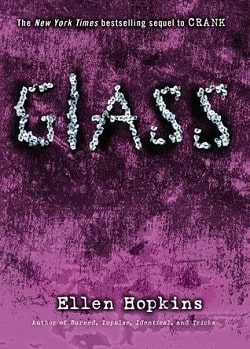
Glass (Crank 2)
by Ellen Hopkins
Crank. Glass. Ice. Crystal. Whatever you call it, it's all the same: a monster. And once it's got hold of you, this monster will never let you go.
Kristina thinks she can control it. Now with a baby to care for, she's determined to be the one deciding when and how much, the one calling the shots. But the monster is too strong, and before she knows it, Kristina is back in its grips. She needs the monster to keep going, to face the pressures of day-to-day life. She needs it to feel alive.
Once again the monster takes over Kristina's life and she will do anything for it, including giving up the one person who gives her the unconditional love she craves -- her baby.
The sequel to Crank, this is the continuing story of Kristina and her descent back to hell. Told in verse, it's a harrowing and disturbing look at addiction and the damage that it inflicts.
.
Read
Glass (Crank 2) on http://kissnovel.net
Martial Peak Reviews
Ellen Hopkins' Glass, the sequel to her acclaimed novel Crank, plunges readers back into the tumultuous world of Kristina Snow, a young woman grappling with the insidious grip of addiction. In this harrowing continuation, Hopkins employs her signature verse style to explore the complexities of addiction, motherhood, and the relentless battle for control over one’s life.
The blurb succinctly encapsulates the central theme of the novel: addiction as a monster that ensnares its victims, stripping them of autonomy and leading them down a path of destruction. Kristina, who once believed she could manage her relationship with methamphetamine—referred to as "the monster"—finds herself ensnared once again. The narrative poignantly illustrates how addiction can warp one’s perception of reality, making it seem like a necessary lifeline rather than a destructive force.
One of the most striking aspects of Glass is its exploration of motherhood in the context of addiction. Kristina’s struggle to care for her baby while battling her cravings adds a profound layer of complexity to her character. The juxtaposition of her maternal instincts against her addiction creates a heartbreaking tension. Kristina’s determination to be in control is continually undermined by the overpowering need for the drug, leading her to make choices that jeopardize her relationship with her child. This internal conflict is a powerful commentary on how addiction can distort priorities and lead to devastating consequences.
Hopkins’ use of verse is particularly effective in conveying the emotional weight of Kristina’s experiences. The fragmented, lyrical style mirrors the chaos of her life and the disarray of her thoughts. Each poem captures a moment of clarity or despair, allowing readers to feel the intensity of Kristina’s emotions. The structure of the novel, with its short, impactful lines, creates a sense of urgency that propels the reader through Kristina’s harrowing journey. This stylistic choice not only enhances the reading experience but also reflects the fragmented nature of addiction itself.
Character development is another area where Hopkins excels. Kristina is a deeply flawed yet relatable protagonist. Her struggles are depicted with raw honesty, making her journey all the more poignant. As she navigates the challenges of addiction and motherhood, readers witness her moments of vulnerability and strength. The supporting characters, including her family and friends, serve to highlight the ripple effects of her addiction. Each character is intricately woven into Kristina’s narrative, showcasing how addiction impacts not just the individual but also those who care for them.
Moreover, Glass delves into the theme of identity. Kristina grapples with who she is versus who she wants to be. The monster of addiction forces her to confront the darkest parts of herself, leading to a profound sense of loss and disconnection. This theme resonates with many readers, particularly those who have faced their own struggles with identity and self-worth. Hopkins captures the essence of this internal battle with sensitivity and insight, making Kristina’s journey a universal one.
In comparison to other works that tackle similar themes, such as Go Ask Alice by Anonymous or Beautiful Disaster by Jamie McGuire, Glass stands out for its poetic form and emotional depth. While both of these novels address the consequences of addiction, Hopkins’ unique approach allows for a more nuanced exploration of the protagonist’s psyche. The verse format invites readers to engage with the text on a deeper level, fostering empathy and understanding for Kristina’s plight.
The impact of Glass extends beyond its narrative. It serves as a stark reminder of the realities of addiction and the often-overlooked struggles of young mothers. Hopkins does not shy away from depicting the harsh truths of Kristina’s life, making the story both disturbing and enlightening. The novel challenges readers to confront their own perceptions of addiction and the societal stigmas surrounding it. By humanizing Kristina and her experiences, Hopkins encourages a more compassionate understanding of those affected by addiction.
In conclusion, Glass is a powerful and evocative sequel that captures the relentless grip of addiction and its far-reaching consequences. Ellen Hopkins masterfully weaves a narrative that is both heartbreaking and enlightening, inviting readers to reflect on the complexities of identity, motherhood, and the struggle for control. The poetic format enhances the emotional resonance of Kristina’s journey, making it a compelling read for anyone interested in the realities of addiction. With its profound themes and relatable characters, Glass is a testament to the resilience of the human spirit, even in the face of overwhelming darkness.





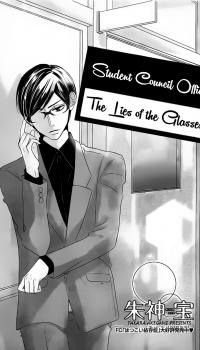
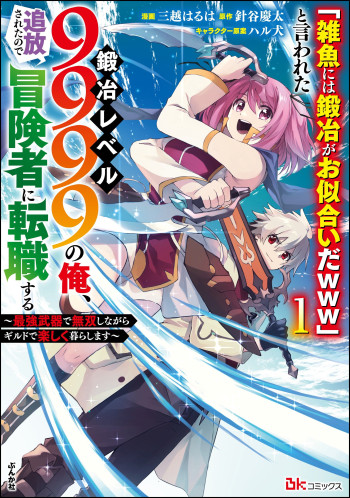


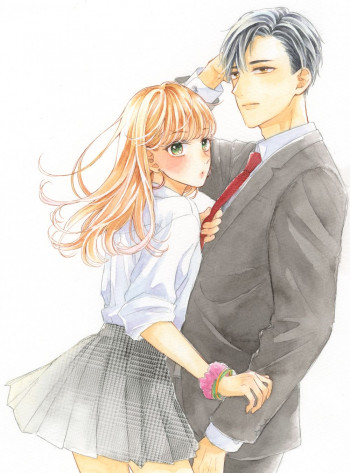

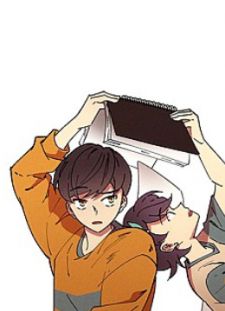
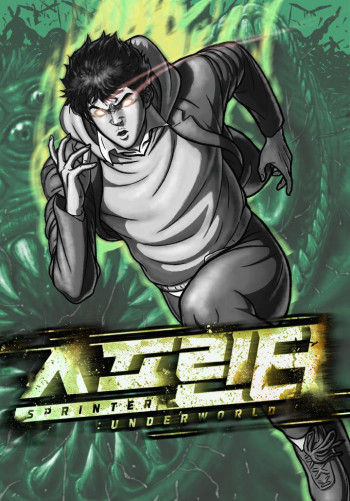











Reviews 0
Post a Reviews: